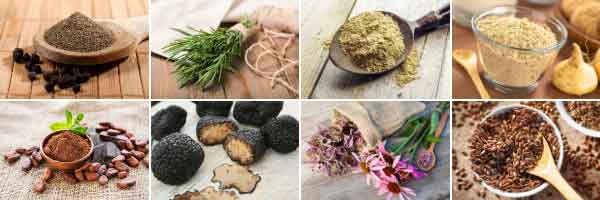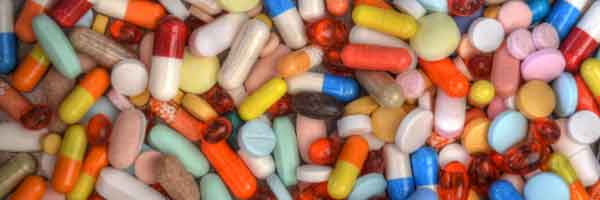The endocannabinoid system modulates the regulation of the neuroendocrine system. The neuroendocrine system regulates organ function and stress response and helps maintain a healthy balance across the neuroendocrine system.
Endocannabinoids play an important role in regulating inflammation processes. Cannabinoid receptors receive chemical signals from stimuli and help the rest of your cells respond to those signals. When your receptors react with CBD, they form anti-inflammatory effects that reduce pain. CBD receptors also affect conditions like anxiety, depression, and stress.
CBD and the other main endocannabinoid – 2-arachidonoylglycerol (2-AG) – are active at both cannabinoid receptors. 2-AG and CBD are involved in the regulation of appetite, immune system function and pain management.
Because CBD stimulates the endocannabinoid system, it helps to promote homeostasis (balance) in the body, reducing the sensation of pain and inhibiting inflammation. Cannabidiol (CBD) oil is used by some people with chronic pain. CBD oil may reduce pain, inflammation, and overall discomfort related to a variety of health conditions.
What is Clinical Endocannabinoid Deficiency? Researchers believe that the underlying cause of many ailments, particularly those related to the immune system and inflammation, could be a disorder referred to as clinical endocannabinoid deficiency.
CBD and Hemp
Hemp is the form of cannabis containing <0.3% THC. Marijuana is the form of cannabis containing >0.3% THC.
Tetrahydrocannabinol (THC) is the main psychoactive cannabinoid found in cannabis. THC causes the sensation of getting “high” that’s often associated with marijuana.
CBD oil is made by extracting CBD from the cannabis plant, then diluting it with a carrier oil like coconut or hemp seed oil.
So, while THC is found in high quantities in marijuana and low quantities in hemp, the reverse is true for CBD. The CBD in CBD oil is most often extracted from hemp as opposed to marijuana since hemp is naturally higher in CBD and low in THC. The short answer to the question, “Can CBD get you high?” is no, it can’t.
Endocannabinoids are molecules that, like the plant (phyto) cannabinoid THC, bind to and activate cannabinoid receptors. However, unlike THC, endocannabinoids are produced naturally by cells in the human body (“endo” means “within,” as in within the body).
Unlike THC, the other crucial compound in hemp and marijuana plants, CBD does not produce the psychoactive effects that make you feel “high”; instead, it actually eases anxiety. In other words, CBD is ideal for people looking to relax and unwind.
As CBD modulates the regulation of the neuroendocrine system, several studies have shown that CBD possesses both antidepressive and anti-anxiety properties. Any instance of an individual’s depression or anxiety symptoms intensifying after taking CBD oil is most likely attributable to some other underlying condition.
The Entourage Effect
The entourage effect refers to how various cannabinoids and other natural constituents work together synergistically to magnify their potential therapeutic properties. Introduced in 1998 in a study by Israeli researchers Shimon Ben-Shabat and Raphael Mechoulam, the entourage effect theory maintains that isolated or synthetic cannabinoids aren’t as effective at eliciting curative effects as when all of the natural constituents work together harmoniously. Supporting the entourage theory, a full spectrum formulation is recommended.
Nano-Liposomal Delivery
Liposomes are the first nano drug delivery systems that have been successfully translated into real-time clinical applications. These closed bilayer phospholipid vesicles have witnessed many technical advances in recent years since their first development in 1965. Delivery of therapeutics by liposomes alters their biodistribution profile, which further enhances the therapeutic index of various drugs.
What, Other Plants Contain CBD?
Besides cannabis, there are several plants that produce the same therapeutic phytocannabinoids (cannabinoids produced by plants) including superfoods and common herbs. Here are 8 foods you may know.
- Black Pepper
- Rosemary
- Kava
- Maca
- Cacao
- Black truffles
- Echinacea
- Flax seeds

Drugs that Interact with Cannabidiol
- Steroids
- HMG CoA reductase inhibitors
- Calcium channel blockers
- Antihistamines
- Prokinetics
- HIV antivirals
- Immune modulators
- Benzodiazepines

Doctor’s FAQs
Here is a link to Doctor’s frequently asked questions on CBD and Hemp.
What’s Special About our CBD Hemp Tincture?
Here is a link to the characteristics that make Rejuvenation Science CBD Hemp Tincture unique.

